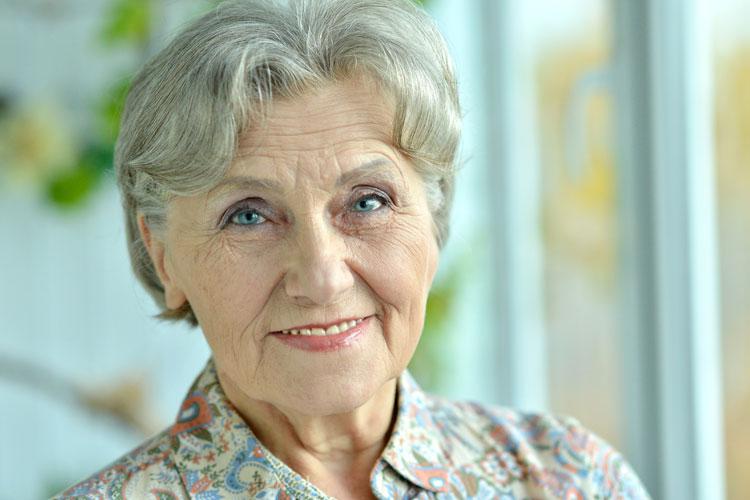What to Do After a Loved One Dies
No matter how much we desire to protect the people most precious to us, the death of a family member is almost always met with some level of disbelief. In addition to the grief and mourning that follows the passing of a loved one, survivors are also left with the task of handling a variety of different matters at a time when they are probably least emotionally prepared to do so.
Here are some of the most critical matters that must be attended to when someone close to us passes away.






